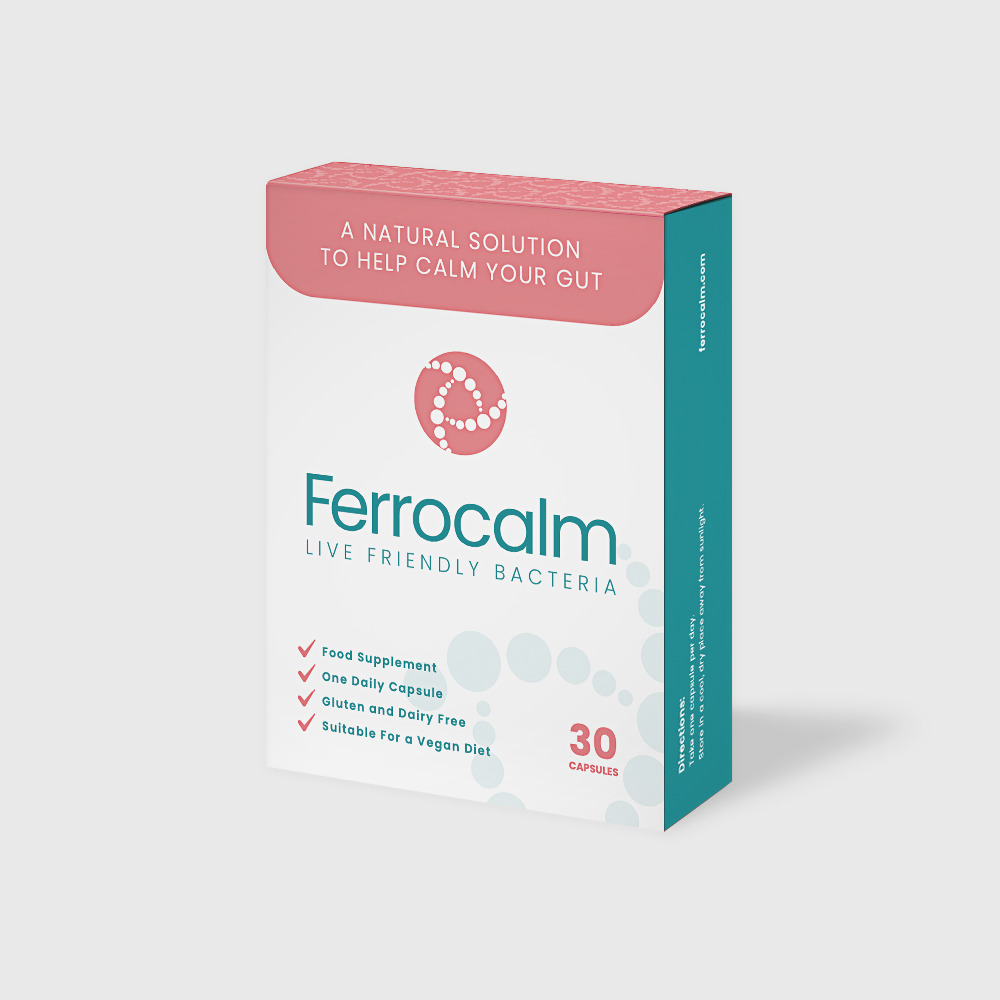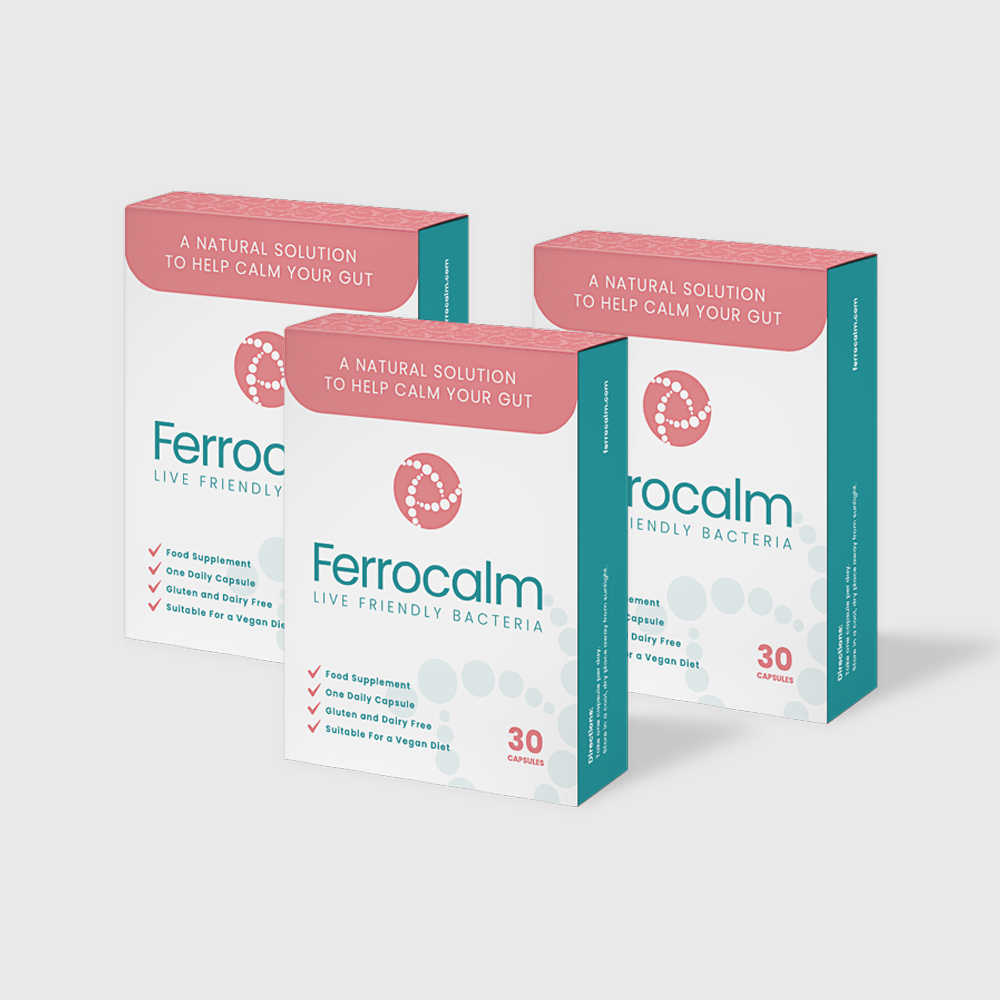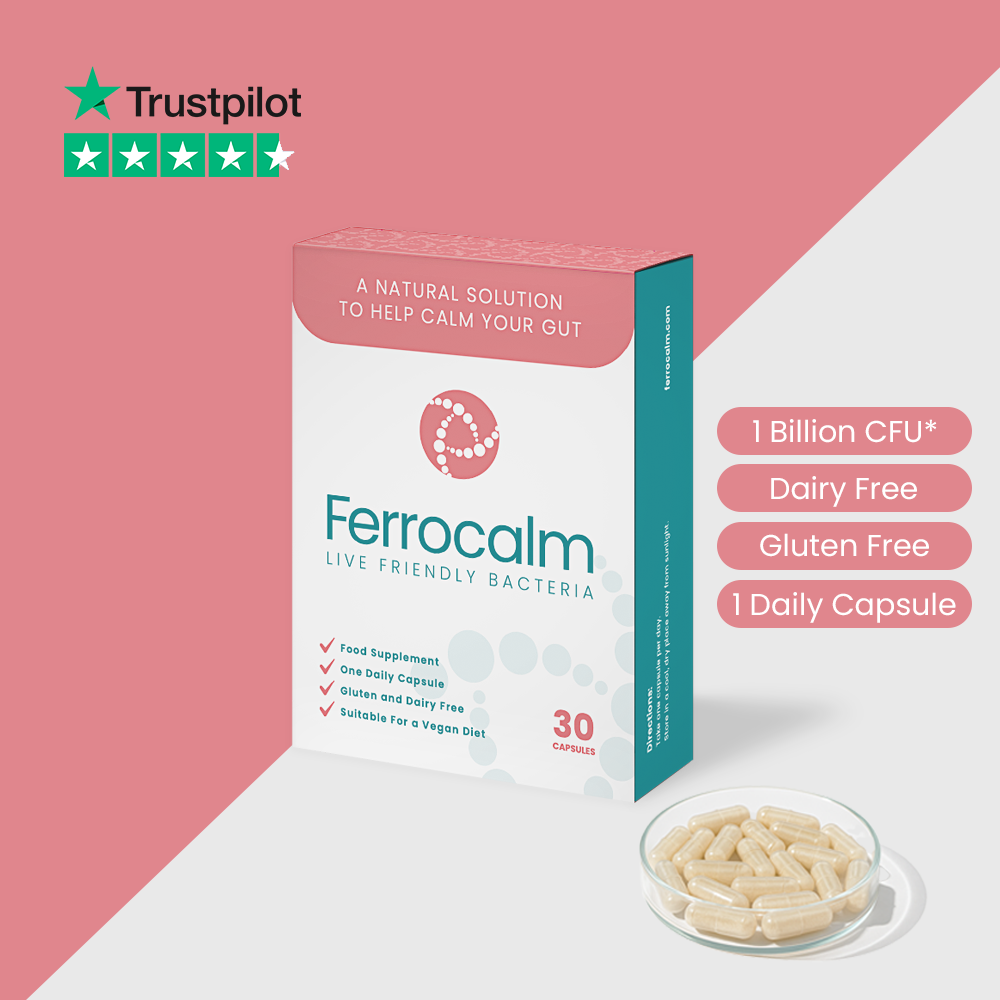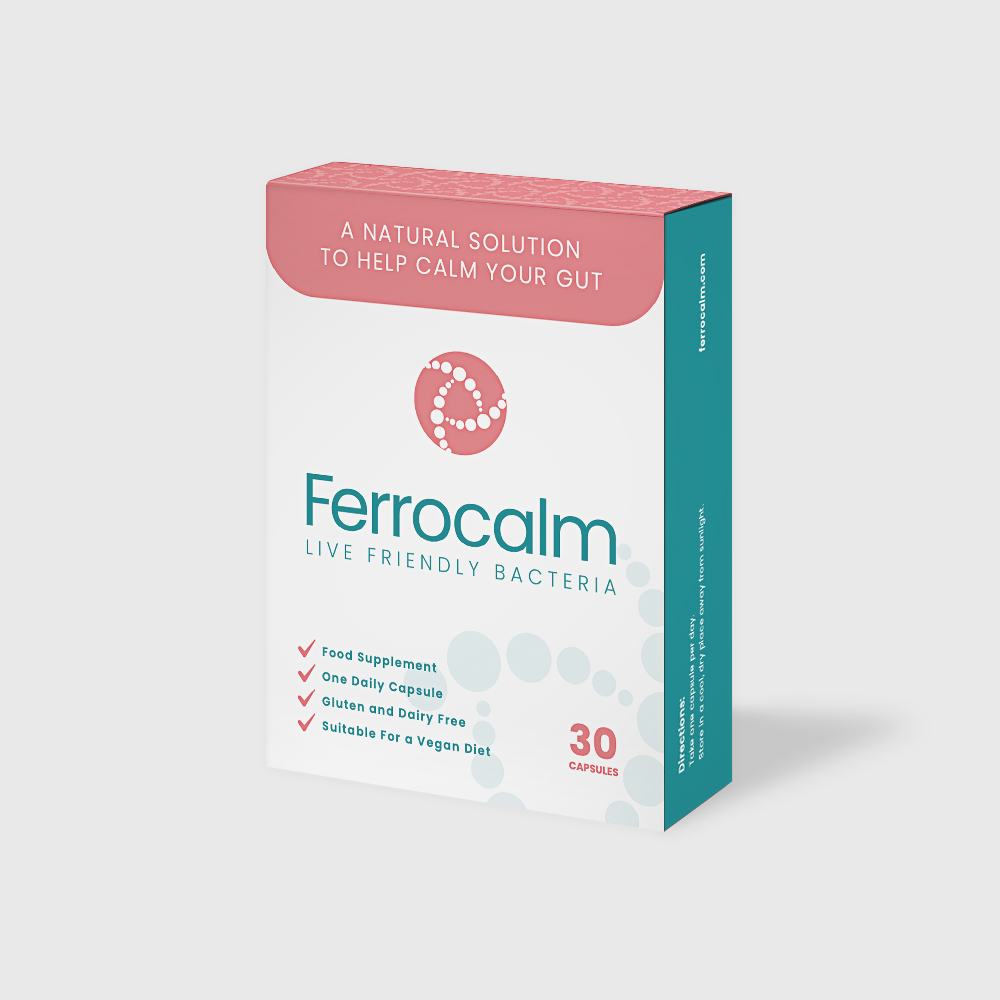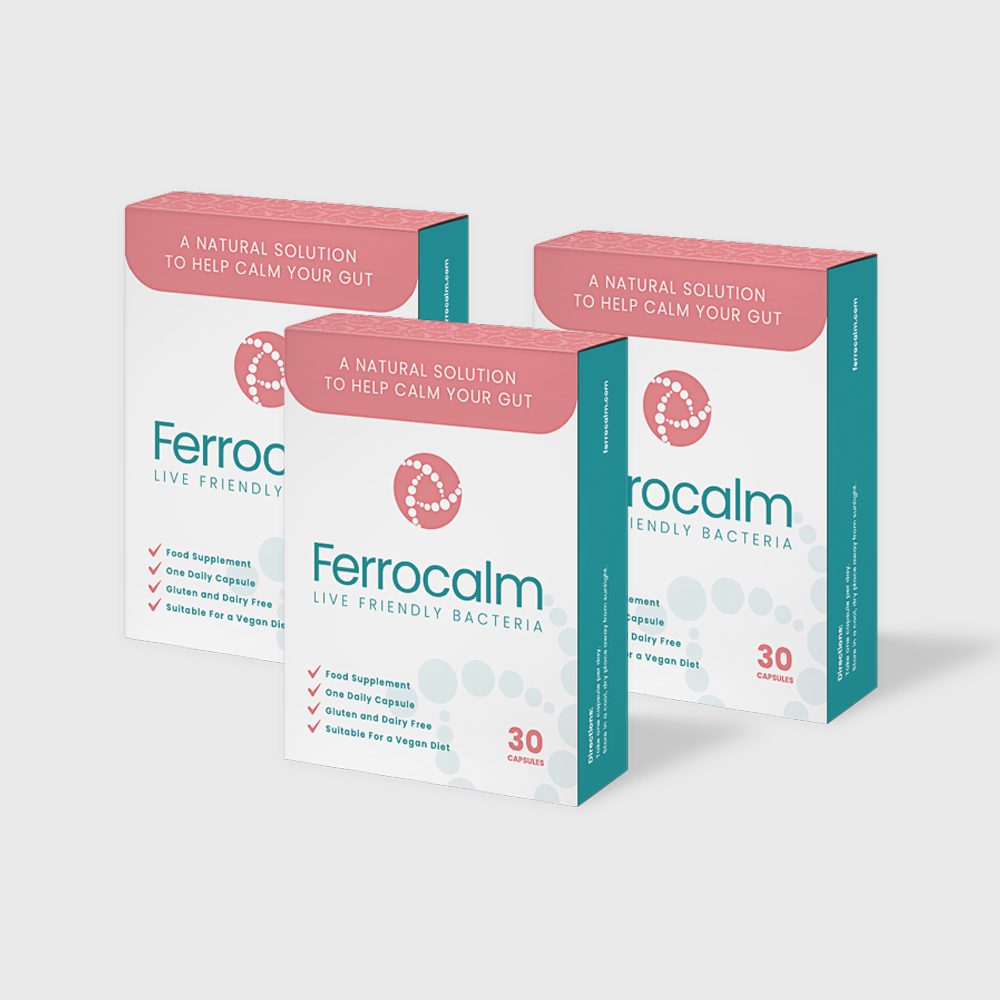Living with Irritable Bowel Syndrome (IBS) can be challenging, especially when you're dealing with an IBS flare up. These sudden bouts of digestive symptoms can disrupt your daily life and leave you feeling uncomfortable and frustrated. Understanding what triggers IBS flare ups and learning how to prevent them is crucial for managing your gut health and improving your quality of life.
In this article, we'll explore 5 effective ways to prevent IBS flare ups and promote better gut health. You'll discover how to deal with IBS flare ups through stress management techniques, dietary changes, and lifestyle adjustments. We'll also discuss how to stop IBS cramps, calm a severe IBS flare up, and identify trigger foods that may be causing your stomach upset. By implementing these strategies, you'll be better equipped to handle your IBS symptoms and reduce the frequency of flare ups.
Manage Stress Through Relaxation Techniques
Stress management plays a crucial role in preventing IBS flare-ups. When you're stressed, your body releases cortisol, which can impact your digestive system and worsen IBS symptoms. By incorporating relaxation techniques into your daily routine, you can reduce stress and improve your gut health.
Importance of stress management for IBS
Managing stress is key to controlling IBS symptoms. Studies have shown that individuals with IBS who experience anxiety and stress are more likely to report severe symptoms and have difficulty managing their condition. By focusing on stress reduction, you can significantly improve your quality of life and reduce the frequency of IBS flare-ups.
Deep breathing exercises
One effective relaxation technique is deep breathing or diaphragmatic breathing. This simple practice can help kick-start your body's relaxation response, reducing spasms and urgency in your digestive system. To practise deep breathing, place your hand on your belly, take slow, deep breaths, and imagine inflating a balloon in your stomach as you inhale and deflating it as you exhale.
Progressive muscle relaxation
Progressive muscle relaxation involves tensing and then relaxing different muscle groups in your body. This technique can help you recognise and release tension, promoting overall relaxation. Start by tensing a specific muscle group for a few seconds, then release the tension and notice the difference.
Yoga for gut health
Incorporating yoga into your routine can offer numerous benefits for managing IBS symptoms. Gentle stretching and breathing exercises can help alleviate stress and improve digestion. Yoga also promotes mindfulness, allowing you to better understand your body's signals and manage your symptoms more effectively.
Follow a Low FODMAP Diet
Following a low FODMAP diet can be an effective way to prevent IBS flare-ups and manage digestive symptoms. FODMAPs are types of carbohydrates that can be difficult for some people to digest, leading to stomach upset and other uncomfortable symptoms.
Understanding FODMAPs: FODMAP stands for Fermentable Oligosaccharides, Disaccharides, Monosaccharides, and Polyols. These are short-chain carbohydrates that the small intestine may not absorb well, causing them to ferment in the large intestine and potentially trigger IBS symptoms.
Foods to avoid: During an IBS flare-up, it's crucial to avoid high FODMAP foods. These include wheat-based products, certain fruits like apples and cherries, some vegetables such as onions and garlic, and dairy products containing lactose.
FODMAP-friendly alternatives: Opt for low FODMAP alternatives to maintain a balanced diet. Choose gluten-free bread and pasta, lactose-free dairy products, and fruits like strawberries and oranges. Vegetables such as carrots, spinach, and zucchini are also safe options.
How Ferrocalm's food supplement supports gut health during flare-ups: Ferrocalm's advanced probiotic formula is designed to help keep your gut calm, even in stressed environments where other probiotics may fail. This innovative solution can be particularly beneficial during IBS flare-ups, providing support for your digestive system and potentially reducing symptoms.
Increase Fibre Intake Gradually
Increasing your fibre intake can be beneficial for managing IBS symptoms, but it's crucial to do so gradually. Fibre adds bulk to your stool and can help regulate bowel movements, which is especially important during an IBS flare-up.
Benefits of fibre for IBS
Fibre plays a vital role in digestive health and can help alleviate IBS symptoms. It can improve bowel function, decrease symptom severity, and promote overall gut health. However, it's essential to note that fibre tolerance in IBS varies from person to person.
Soluble vs. insoluble fibre
There are two types of fibre: soluble and insoluble. Soluble fibre, found in foods like oats, peas, and beans, can help ease both constipation and diarrhoea. It attracts water, softening stools and making them easier to pass. Insoluble fibre, on the other hand, adds bulk to stool and can help with constipation but may worsen symptoms for some IBS sufferers.
Best fibre-rich foods for IBS
When increasing your fibre intake, focus on foods that are high in soluble fibre and low in FODMAPs. Some good options include:
- Oats and oat bran
- Quinoa
- Carrots
- Sweet potatoes
- Blueberries
- Chia seeds and flaxseeds
Tips for introducing more fibre
To avoid triggering an IBS flare-up, introduce fibre slowly. Start by adding 2-3 grams of fibre per day and gradually increase your intake. Aim for 20-35 grams of fibre daily, but remember to listen to your body and adjust as needed. Don't forget to increase your water intake alongside fibre to prevent constipation and discomfort.
Stay Hydrated with IBS-Friendly Beverages
Staying hydrated is crucial for managing IBS symptoms and promoting overall gut health. Proper hydration supports digestion, nutrient absorption, and bowel motility, which can help alleviate common symptoms like constipation and bloating during an IBS flare-up.
Importance of hydration for gut health
Adequate hydration plays a vital role in maintaining fluid balance in the body, which can positively impact IBS symptoms. Dehydration can exacerbate gastrointestinal problems such as bloating, gas, and abdominal pain. A study found that increasing fluid intake improved symptoms and overall well-being in individuals with IBS.
Best drinks for IBS
When choosing beverages, opt for IBS-friendly options that are low in FODMAPs. Water is the best choice for hydration, but you can also consider:
- Lactose-free milk
- Plant-based milk alternatives (rice, hemp, almond)
- Decaffeinated coffee and tea
- Herbal teas (peppermint, chamomile)
- Clear broths
Beverages to avoid
To prevent triggering an IBS flare-up, it's essential to avoid certain drinks:
- Caffeinated beverages
- Carbonated drinks
- Alcohol
- High-fructose fruit juices
- Sugar-free drinks with artificial sweeteners
Hydration tips for IBS sufferers
To stay properly hydrated and manage your IBS symptoms:
- Aim to drink at least 8 cups (64 ounces) of water daily
- Carry a water bottle with you throughout the day
- Sip water regularly instead of gulping large quantities
- Monitor your urine colour (clear or light yellow indicates adequate hydration)
By following these hydration tips and choosing IBS-friendly beverages, you can help prevent IBS flare-ups and improve your overall gut health.
Incorporate Gut-Friendly Probiotics
Probiotics play a vital role in supporting digestive health and can be particularly beneficial during IBS flare-ups. These live microorganisms help balance your gut microbiota, which is crucial for managing IBS symptoms.
Role of probiotics in gut health
Probiotics support digestive functions, including food breakdown, vitamin production, and gut motility. They can help reduce bloating, discomfort, and frequent bowel movements in IBS patients. Probiotics also enhance the intestinal barrier function and modulate the immune response, potentially alleviating IBS symptoms.
Best probiotic strains for IBS
Research suggests that certain probiotic strains may be particularly effective for IBS. These include Saccharomyces boulardii, Bifidobacterium lactis, Lactobacillus acidophilus, and Bacillus coagulans. Different strains may be more beneficial for specific IBS subtypes, so it's essential to choose the right probiotic for your symptoms.
Ferrocalm's probiotic benefits during flare-ups
Ferrocalm, an innovative probiotic supplement, contains the FX856 strain, which supports gut health during IBS flare-ups. Unlike conventional probiotics, Ferrocalm is designed to function effectively even during active flare-ups or when you're stressed, potentially providing relief from symptoms like stomach cramps and bloating.
Natural probiotic food sources
Incorporating probiotic-rich foods into your diet can also support gut health. Yogurt, kefir, sauerkraut, kimchi, and tempeh are excellent natural sources of probiotics. These foods contain various beneficial bacteria strains that may help improve your gut health and manage IBS symptoms.
In summary
Managing IBS flare-ups can be challenging, but implementing these five strategies can help you regain control of your gut health. By focusing on stress management, following a low FODMAP diet, gradually increasing fibre intake, staying hydrated, and incorporating probiotics, you can significantly reduce the frequency and severity of IBS symptoms. These approaches work together to support your digestive system and promote overall well-being.
Remember, everyone's experience with IBS is unique, so it's crucial to find the combination of strategies that works best for you. Don't hesitate to consult with a healthcare professional for personalised advice. To learn more about effective supplements that can support your gut health during flare-ups, check out Ferrocalm's probiotic options. By taking proactive steps and staying consistent with these practices, you can improve your quality of life and better manage your IBS symptoms in the long run.


